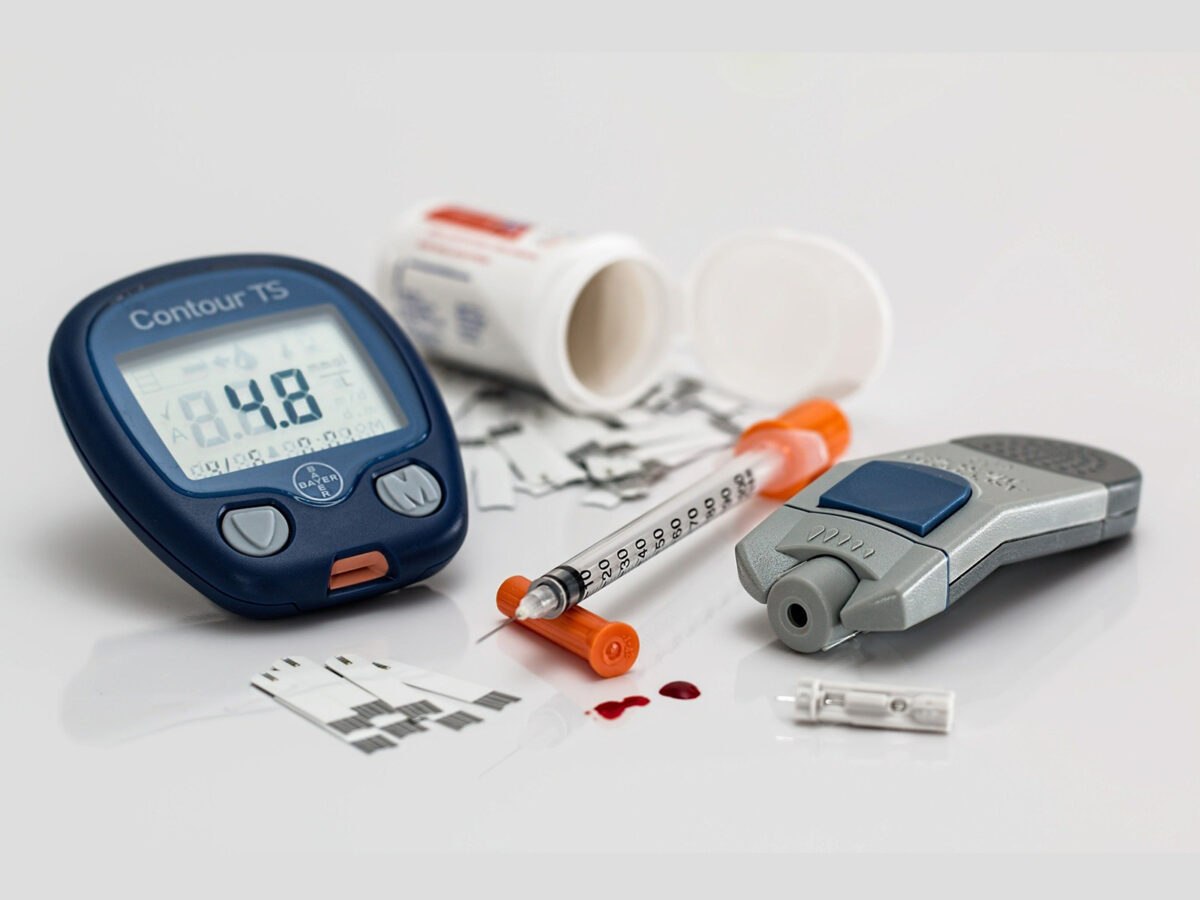Blog
Dental hygiene tips for healthy teeth & gums

Do You Know How Diabetes Can Affect Your Smile?
The American Dental Association says that people with diabetes are more likely to get gum diseases like gingivitis and periodontal disease. It is mostly because of higher blood sugar, which makes germs grow.
When you have gum disease, your blood sugar levels go up, too. This makes it even harder to control your diabetes. Diabetes can also cause thrush, fungal oral infections that cause painful white spots in the mouth that compromise taste and swallowing.
Harmful Effects of Diabetes on Your Smile
Gum disease is more likely to happen to people who have diabetes. This inflammatory condition that doesn’t go away can hurt your gums. Gingivitis, which can cause the gums to get red and bleed a lot, can also affect the muscles that hold your teeth in place and even your bones.
Like any other infection, severe gum disease can raise blood sugar levels, making it harder to keep diabetes under control. This makes you more likely to get oral infections and less able to fight off those that get into your gums.
It’s also possible that your mouth feels dry because you don’t have as much saliva. While saliva helps keep your teeth healthy, it makes you more likely to get cavities. In addition, a child with diabetes can get their teeth before they should for their age.
Important Tips for Oral Care During Diabetes
Taking responsibility for your dental health can help improve your blood sugar levels and prevent various issues. If you have diabetes, there are several crucial ways that can help you take care of your mouth, including the following:
- Put an end to smoking.
- Always floss at least once every day.
- Keep your dentures clean and remove them before bed if you wear them.
- Consume nutritious meals and steer clear of both sugary foods and alcohol.
- Keep a close eye on your blood glucose levels to ensure they are within the range you have set as your objective.
- You should brush your teeth at least twice a day using fluoride toothpaste and a gentle toothbrush.
- At the very least, you should visit the dentist twice a year and even more frequently if you experience any issues, such as discomfort or bleeding in your mouth.
Foods That Help in Avoiding Diabetes And Oral Infections
Foods high in calcium and other nutrients can be good for your teeth. These include cheese, milk, plain yogurt, tofu with added calcium, leafy greens, and nuts. The best sources are animal proteins, fish, milk, eggs, and meat.
Minerals are important for oral health because they protect and rebuild tooth enamel. For a healthy smile, eat lots of fruits and veggies. The fiber and water in them balance out the sugars they contain and help clean the teeth. Also, these foods help your body make more saliva.
It washes away acids and food bits that are bad for your teeth and neutralizes acids to keep them from decaying. In addition, many of them have vitamins C and A, both important for healthy gums and fast wound healing. Water is the drink that is best for your teeth.
Conclusion
Are you experiencing difficulties with your dental health due to diabetes? You should not wait to call the dentist. Be active and connect with your dentist so that you may have a more in-depth conversation about your oral infections.
Maintaining good mouth health is an important component of diabetes management. It will also contribute to overall improvement in your well-being. You need to be more protective. So, read this extract and get ready to bring your smile back.
